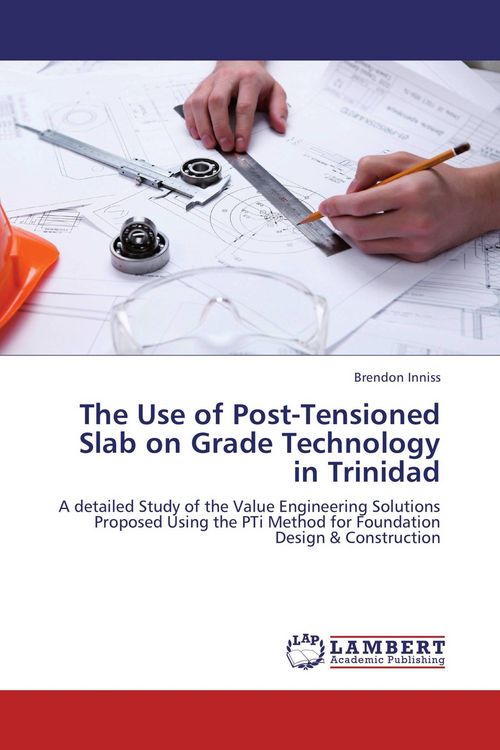
The Use of Post-Tensioned Slab on Grade Technology in Trinidad A detailed Study of the Value Engineering Solutions Proposed Using the PTi Method for Foundation Design & Construction
-
- Englisch ausgewählt
31,99 €
UVP
39,90 €
inkl. MwSt,
Lieferung nach Hause
Beschreibung
Details
Einband
Taschenbuch
Erscheinungsdatum
16.05.2013
Verlag
LAP LAMBERT Academic PublishingSeitenzahl
60
Maße (L/B/H)
22/15/0,5 cm
Gewicht
107 g
Sprache
Englisch
ISBN
978-3-659-34878-5
Expansive clays. Known to Trinidadians as "Sappotee" clays are notorious for causing much distress to private domestic and commercial structures built in the south and central regions of the island. To counteract this phenomenon geotechnical engineers would typically recommend expensive, deep foundations even if the building is classified as a light-weight structure. The construction sector was booming and the government housing sector was in overdrive with its "Affordable Homes For All" programme. The construction of these simple, light-weight structures on expansive clays was plagued with delays due to building during the rainy season and this quickly became a nightmare to local contractors. However, the dismal setting did have a silver lining. An engineer lead contracting firm decided to master the PTi based technology, become a certified installer and burst onto the scene with an attractive value engineering solution. Contractors became very receptive to the alternate approach and many of them were able to recover the losses incurred time-wise, rescue their projects and save a substantial amount money in the process.
Unsere Kundinnen und Kunden meinen
Verfassen Sie die erste Bewertung zu diesem Artikel
Helfen Sie anderen Kund*innen durch Ihre Meinung
Kurze Frage zu unserer Seite
Vielen Dank für dein Feedback
Wir nutzen dein Feedback, um unsere Produktseiten zu verbessern. Bitte habe Verständnis, dass wir dir keine Rückmeldung geben können. Falls du Kontakt mit uns aufnehmen möchtest, kannst du dich aber gerne an unseren Kund*innenservice wenden.
zum Kundenservice